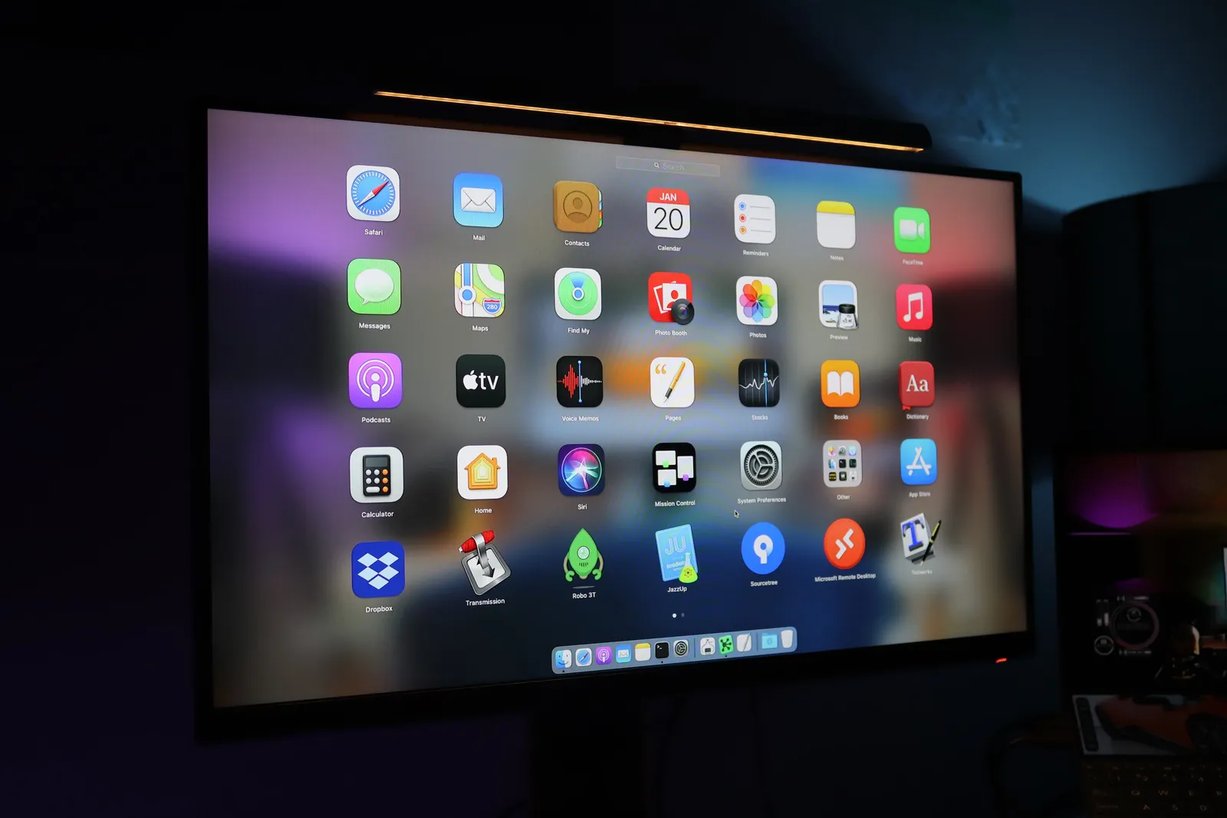
Sunscrapers Team
5 September 2022, 5 min read

As already said, Python can be used in all sorts of fields. We’d like to focus on the top 5 Python use cases.

5 September 2022, 5 min read

As already said, Python can be used in all sorts of fields. We’d like to focus on the top 5 Python use cases.

Sunscrapers empowers visionary leaders to ride the wave of the digital transformation with solutions that generate tangible business results. Thanks to agile and lean startup methods, we deliver high-quality software at top speed and efficiency.